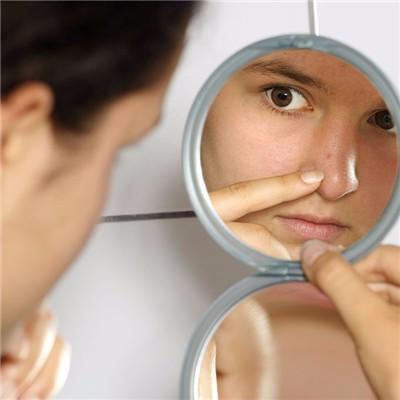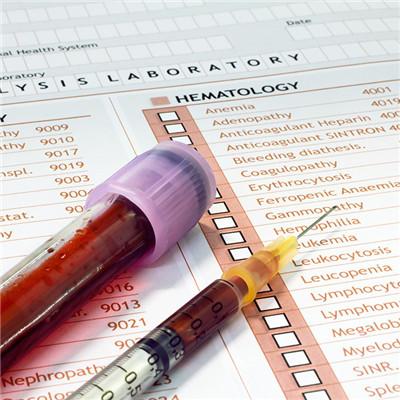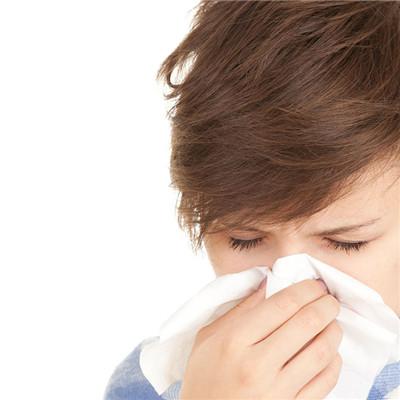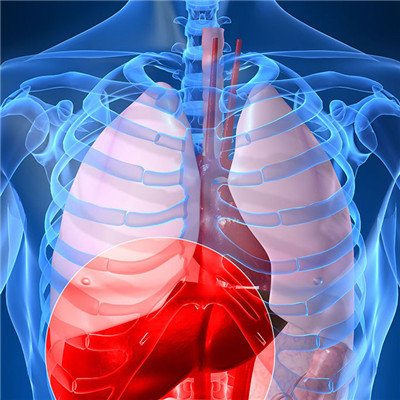Premenopausal symptoms of elevated blood pressure
summary
Due to the decline of ovarian function during menopause, the decrease of estrogen secretion leads to endocrine disorders, autonomic nerve dysfunction, which leads to poor sleep, emotional instability, irritability, etc., causing blood pressure fluctuations. Menopausal hypertension is called menopausal hypertension, is one of the symptoms of menopausal syndrome. Hypertension is a common disease in menopause. With the increase of age, the degree of arteriosclerosis increases, the elasticity of blood vessels decreases, and the blood pressure increases. In addition, women to menopause, with physiological changes, endocrine disorders, autonomic nerve dysfunction will lead to emotional instability, poor sleep, irritability and so on, leading to blood pressure fluctuations, known as menopausal hypertension. Premenopausal symptoms of elevated blood pressure
Premenopausal symptoms of elevated blood pressure
Menopausal hypertension symptoms are generally systolic blood pressure rise, diastolic blood pressure change less or no, fundus, heart and kidney no damage performance. The specific performance is: the blood pressure is unstable, the fluctuation is obvious, the symptom has the variability.
At the same time, accompanied by vertigo, headache, tinnitus, dizziness, forgetfulness, insomnia and dreaminess, easy to wake up, or irritability, fatigue, irritability, inattention, waist and knee soreness, and even upper heat and lower cold (fear of heat in the head, cold in the lower limbs), less urine, limb swelling and other symptoms.
The awareness rate of menopausal hypertension is low. So far, there is no absolute standard to distinguish between postmenopausal hypertension and essential hypertension. Doctors only consider postmenopausal hypertension after excluding other organic causes through follow-up observation.
matters needing attention
In view of the different causes of female hypertension in different periods, the clinical treatment of female hypertension should also be targeted and individualized. All female patients with hypertension should take part in lifestyle therapy, walk after meals, limit salt and reduce weight.












